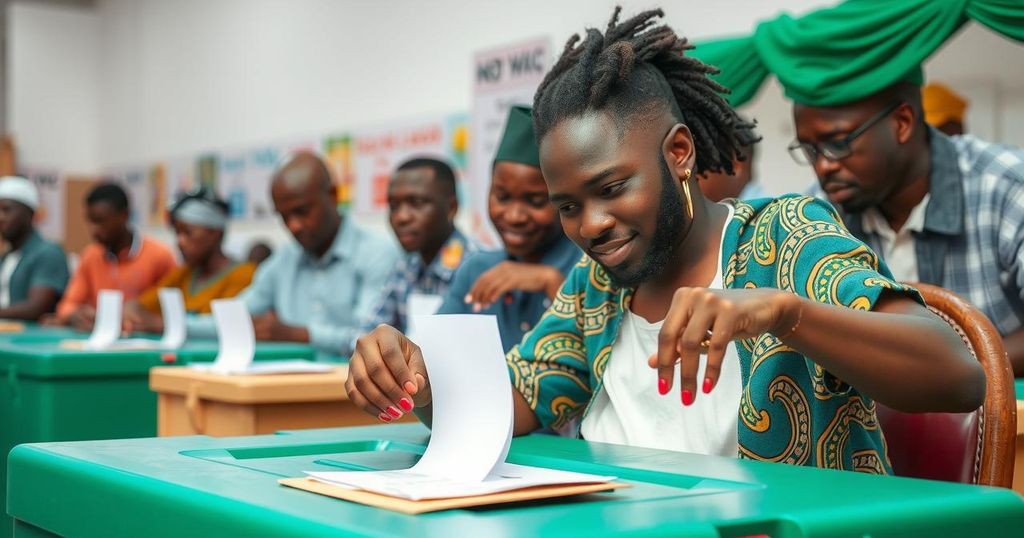World news
2024 ELECTIONS, ABDALLAH SAMBI, AFRICA, AFRICA CENTER FOR STRATEGIC STUDIES, AHMED, AP, ASSOUMANI, AZ, AZALI ASSOUMANI, COMOROS, ELECTIONS, EUROPE, FOR THE RENEWAL OF THE COMOROS, FRANCE, GOVERNANCE, GOVERNMENT, GRANDE COMORE, INDIAN OCEAN, JUWA, JUWA PARTY, MADAGASCAR, MITSOUDJE, MITSOUDJÉ, PRESIDENTIAL ELECTION, VOTER TURNOUT
Marcus Chen
0 Comments
Comoros Holds Controversial Parliamentary Elections Amid Opposition Boycott
Comoros held parliamentary elections on Sunday amidst a boycott from opposition parties, who accused President Azali Assoumani of authoritarianism and questioned the integrity of the vote. With approximately 330,000 registered voters, low turnout is expected. Assoumani’s party previously dominated the last election amid claims of fraud, highlighting ongoing tensions in Comorian politics. Despite Tropical Cyclone Dikeledi, the elections proceeded as planned.
On Sunday, Comoros conducted a parliamentary election amidst a boycott from various opposition factions. These opposition leaders have accused President Azali Assoumani and his ruling party, the Convention for the Renewal of the Comoros, of authoritarianism and raised concerns regarding the election’s legitimacy. Approximately 330,000 citizens are registered to vote for the election of 33 parliamentary seats, although low turnout is anticipated due to public disillusionment with the electoral process. In the previous parliamentary election held in 2020, Assoumani’s party secured 20 out of the 24 contested seats amid opposition claims of electoral fraud, which intertwined with protests that erupted in response to his re-election as president the previous year. Assoumani, having previously led a military coup, has maintained power through constitutional amendments which extended his presidency beyond the original term limits. Despite adverse weather conditions from Tropical Cyclone Dikeledi, officials confirmed that voting would proceed as scheduled.
The political landscape in Comoros has been marred by instability, primarily characterized by military coups since the nation declared independence from France in 1975. President Azali Assoumani, a former military officer, first gained power in 1999 through a coup against the sitting president. Following a brief period out of office, he returned and has since won multiple elections, often under contested circumstances. His presidency is largely perceived as increasingly autocratic, with critics pointing to political repression and the lack of competitive elections as defining features of his rule. The recent parliamentary elections are a critical moment as they reflect ongoing tensions between the ruling party and opposition factions.
The parliamentary elections in Comoros represent a significant moment in the nation’s ongoing struggle with democracy and governance. The boycott led by various opposition parties underscores the prevailing skepticism regarding the electoral process and the legitimacy of President Assoumani’s administration. As Comoros continues to grapple with political challenges and public discontent, the outcome of this election will be monitored closely by both local and international observers, particularly given the historical context of electoral fraud and unrest.
Original Source: apnews.com




Post Comment